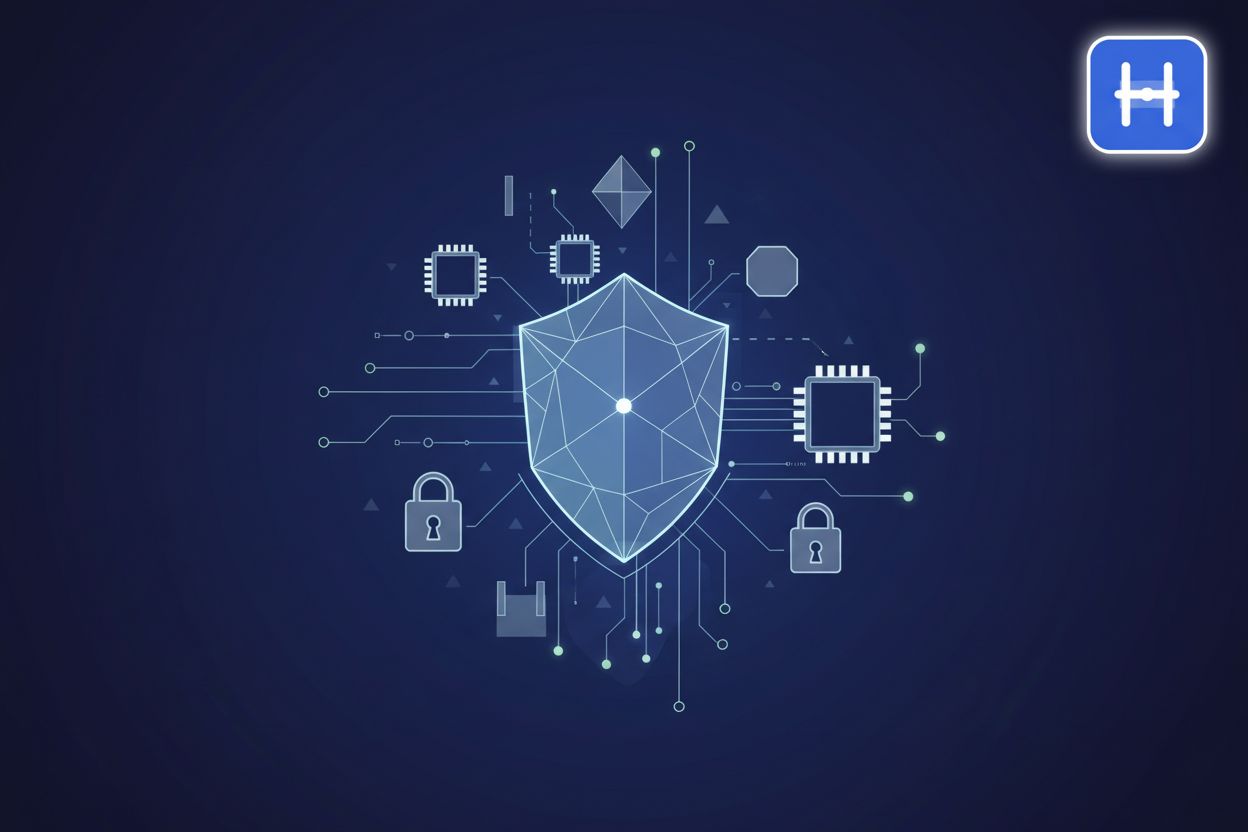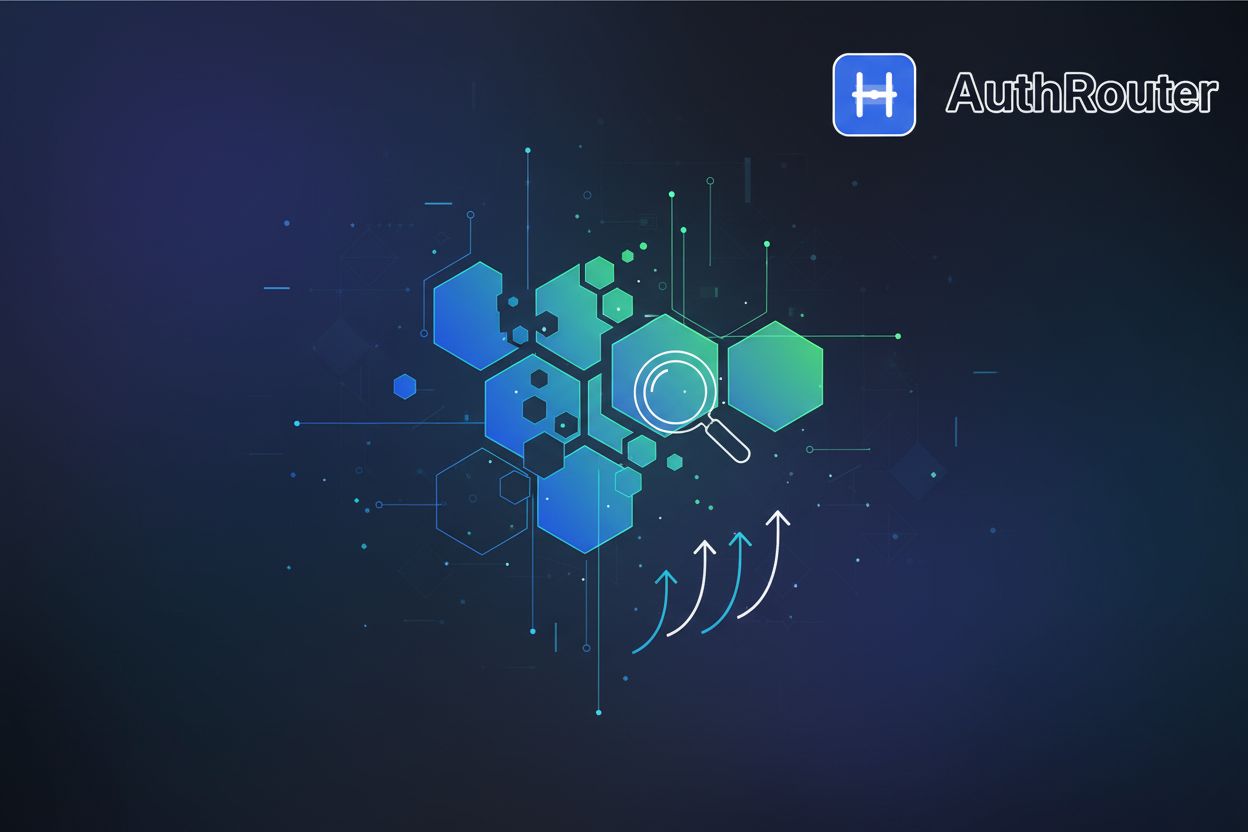Potential Earnings in Cybersecurity Careers
TL;DR
Introduction: The Lucrative World of Cybersecurity
So, you're thinking about cybersecurity? Smart move! It's not just about being a cool hacker in a movie, you know? It's a real, growing field, and honestly, it's kinda where the moneys at.
- Demand is crazy high. I mean, businesses everywhere need protection. Think about it: hospitals protecting patient data, retailers safeguarding customer info, and banks, well, banks are always a target.
- Threats are everywhere. And they're only getting worse, I tell you! Data breaches are becoming commonplace, and it's not just big companies getting hit. Small businesses are vulnerable, too. Everyone's at risk these days.
- You're basically a digital superhero. Seriously, you're protecting people and companies from some pretty nasty stuff.
This article? We're gonna break down the earning potential in cybersecurity, plain and simple. Are you just starting out, or are you a seasoned pro looking to move up? This is for you! We'll give you the inside scoop on what you can expect to make and how to get there. Next up, we'll dive into those roles that are really paying the big bucks.
Entry-Level Cybersecurity Positions and Earning Potential
So, you're fresh outta school (or a boot camp) and ready to defend the digital world? Awesome! But what kinda job can you actually get? And more importantly, what will they pay ya?
For entry-level roles, you're typically looking at a salary range of $50,000 to $75,000 annually. This can vary a lot depending on your location, of course. A security analyst in San Francisco is gonna make way more than someone in a small town. Education and certs play a role, too.
Here are some common entry-level positions:
- Security Analyst: These guys are like the first line of defense. They're watching systems, trying to catch bad guys, and responding when things go sideways. Think of it as being a digital cop but, you know, for networks.
- IT Auditor: Are things as secure as they should be? That's what these folks figure out. They check security controls and make sure everyone's following the rules. It's like being a digital detective, but instead of solving crimes, you prevent them.
- Help Desk Support: Don't knock it! You'll be troubleshooting security issues. It's a great way to learn the ropes and see what folks are struggling with, firsthand.
Next, we'll get into how those salaries can grow as you gain experience.
Mid-Level Cybersecurity Roles and Compensation
Alright, so you've got some experience under your belt, huh? Now we're talking about where the money really starts to show up. These mid-level gigs are where you solidify your skills and start to specialize.
At this stage, you can expect to earn between $75,000 and $120,000 annually.
Here are some roles that fit this bracket:
- Security Engineer is a sweet spot. You're not just reacting to problems; you're building defenses. Think designing secure systems for a fintech company, maybe implementing encryption protocols, or hardening cloud infrastructure.
- Network Security Engineer is all about protecting the pipes, the infrastructure. They're configuring firewalls, intrusion detection systems, and making sure data flows safely for, say, a large retail chain with hundreds of stores.
- Identity and Access Management (IAM) Specialist: It's about controlling who gets into what – crucial for healthcare organizations needing to protect patient data. IAM engineers are in demand because they're the ones building and managing these systems, and it's getting complex by the day.
These roles? They're not just about technical skills. You need to communicate well, understand business needs, and think strategically. Holding certifications like cissp or cism definitely bumps up your earning potential. Next, we'll look at the top of the food chain.
Advanced Cybersecurity Careers and Executive Roles
Think you're ready to run the whole cybersecurity show? Well, those top-tier gigs come with top-tier responsibilities—and paychecks to match.
For advanced and executive roles, salaries can range from $120,000 to $200,000+ annually, with some chief information security officers (cisos) earning significantly more.
Let's get into it, shall we?
- Chief Information Security Officer (ciso): They're basically the head honcho. They're steering the whole security ship, setting strategy, and making sure everyone's following protocol. Imagine being responsible for protecting a global bank from, like, everything.
- Security Architects: These are the blueprints people. Designing complex security systems, figuring out how everything fits together, and making sure it can withstand attacks. Think about designing a secure cloud infrastructure for a major hospital network; it's pretty important stuff. Architects get the big bucks for designing these systems from the ground up.
- Cybersecurity Consultants: These are those experts that come in and tell companies what they're doing wrong. They need to be on top of their game, always up to date with the latest threats and regulations. Consultants are cashing in by advising orgs on best practices.
These roles aren't just about knowing the tech, though. It's about leadership, strategic thinking, and being able to communicate complex ideas to non-technical folks. Speaking of pay, let's just say experience and those fancy certs really pay off. Next, we'll talk about how much you can really expect to bank.
Migration Strategies and Their Impact on Career Growth
Thinking 'bout leveling up your cybersecurity game and your paycheck? Getting good at migrations is a solid play. Specializing in this area can push your earning potential into the $90,000 to $150,000+ range, depending on your experience and the complexity of the migrations you handle.
Here's why it's so valuable:
- First off, understanding different migration strategies is key. Like, knowing the difference between a lift-and-shift versus a complete overhaul, and when to use each; that's crucial.
- Then there's cloud migration and security. Everyone's moving to the cloud, right? So, if you know how to secure those migrations -- think healthcare orgs moving patient records -- you're golden.
- And let's not forget the money. Companies need pros who can handle complex migrations. A report by Cybersecurity Supply And Demand Heat Map shows a huge demand for skilled cybersecurity workers. So, specializing in migration? It's a smart move.
So, what's next? Let's talk career paths.
Additional Factors Influencing Cybersecurity Salaries
Okay, so you're probably wondering what else can move that salary needle, right? It's not just the job title, trust me. These factors can add anywhere from 5% to 20% or more to your base salary.
- Certifications? Yeah, they matter. Getting that cissp (Certified Information Systems Security Professional) or CompTIA Security+ shows you know your stuff. CISSP is a highly respected, advanced certification for experienced professionals, while Security+ is a great foundational cert. Think of it like a doctor getting board certified; it's a signal that you didn't get your degree in the mail.
- Location, Location, Location: San Francisco's gonna pay more than, say, Boise; but you're also paying more for rent, duh. It's a balancing act figuring that out. Major tech hubs generally offer higher salaries.
- Don't forget experience! The more you know, and the more you have seen, the more you can charge. A few years of solid experience can make a big difference.
Next up? We'll talk about how all this comes together to affect your overall earning potential.
Conclusion: Planning Your Cybersecurity Career for Maximum Earnings
So, you've made it this far, huh? Hopefully, you have a clearer picture of how to cash in on a cybersecurity career.
- Remember, IAM and migration skills are gold. Seriously, they're in demand and pay well.
- Certifications and experience? They're your best friends. Get 'em, use 'em.
- Don't be afraid to negotiate your salary. Know your worth, and ask for it!
The field's always changing, so keep learning. A rewarding career? It's totally within reach!



